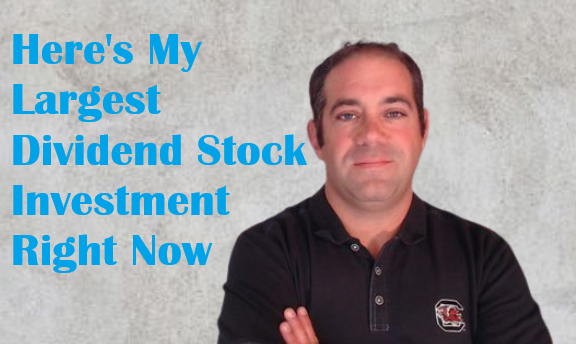With 2013 almost in the books, right now is a good time to review some of the worst-performing areas of the market in search of compelling opportunities. The overall stock market, as measured by the S&P 500, is up some 25% this year. That means as we approach 2014, high-yielding stocks with attractive valuations are hard to find.
To that end, a few real estate investment trusts, or REITs as they're more commonly known, have badly lagged the performance of the market. Such REITs include Realty Income (O 1.03%), HCP (HCP 1.86%), and Health Care REIT (HCN 0.49%), whose shares have been walloped by fears of the recently announced taper by the Federal Reserve. Despite the panic, these three companies are enjoying solid underlying business conditions. That's why, despite their collapsing stock prices, each looks like a great value opportunity, rather than a value trap.
Don't fear the Fed
Investors are clearly worried that the Federal Reserve's actions, including its decision to taper off monthly asset purchases, will result in significantly higher interest rates. This has already materialized somewhat, as the yield on the 10-Year U.S. Treasury Bond recently eclipsed 3%. Furthermore, should the unemployment rate drop far enough, the Fed may even consider raising short-term interest rates.
This has resulted in a great deal of pain for companies reliant on debt financing, including REITs. Real estate investment trusts such as Realty Income, HCP, and Health Care REIT utilize debt to purchase properties, which they then rent out.
Realty Income owns more than 3,800 properties rented under long-term leases. These properties are primarily rented to retail tenants that come from various industries such as distribution centers, health and fitness facilities, and drugstores. An added bonus of Realty Income's business model is that it engages in "net" leases, meaning the tenant is responsible not just for paying rent every month, but also for covering the major operating expenses such as taxes, maintenance, and insurance.
HCP and Health Care REIT are both involved in acquiring and leasing health-care related properties, such as senior housing, medical facilities, and hospitals. Each stock has been hit hard this year, but the underlying economics of their industry remain favorable, thanks to the aging population in the United States. Both HCP and Health Care REIT should see continued demand for their services as a result of tens of millions in or nearing retirement.
Valuations now look attractive
Realty Income, HCP, and Health Care REIT have been punished to such a degree that their valuations now look compelling. Each company is reporting strong funds from operations, or FFO, which is a non-GAAP equivalent to earnings per share. This is a key metric that investors should focus on when evaluating REITs.
Realty Income expects $2.40 per share in FFO at the midpoint of its 2013 guidance, meaning its shares trade for 16 times FFO. HCP trades for 12 times its current-year FFO projection, and Health Care REIT exchanges hands for 14 times its 2013 FFO expectations. These valuations look especially attractive considering the S&P 500 holds a multiple in the high teens. And investors are receiving hefty dividend yields in excess of 5% from these REITs.
The bottom line: buy these REITs
Put simply, the underlying businesses operated by Realty Income, HCP, and Health Care REIT are not nearly as volatile as their stock prices imply. For the most part, 2013 was business-as-usual for each REIT. They each performed well and have good things to say about what the future holds. Even though rising interest rates will make it difficult to refinance existing debt, rising interest rates are symptomatic of an improving economy.
That's good for all companies, including REITs, which will be able to increase rents and continue to grow through acquisitions. That's why investors should thank the market for once again irrationally punishing high-quality companies that consistently reward their shareholders. Realty Income, HCP, and Health Care REIT can now be purchased for attractive valuations and extremely high dividend yields, meaning investors likely have a prosperous 2014 (and beyond) to look forward to.








